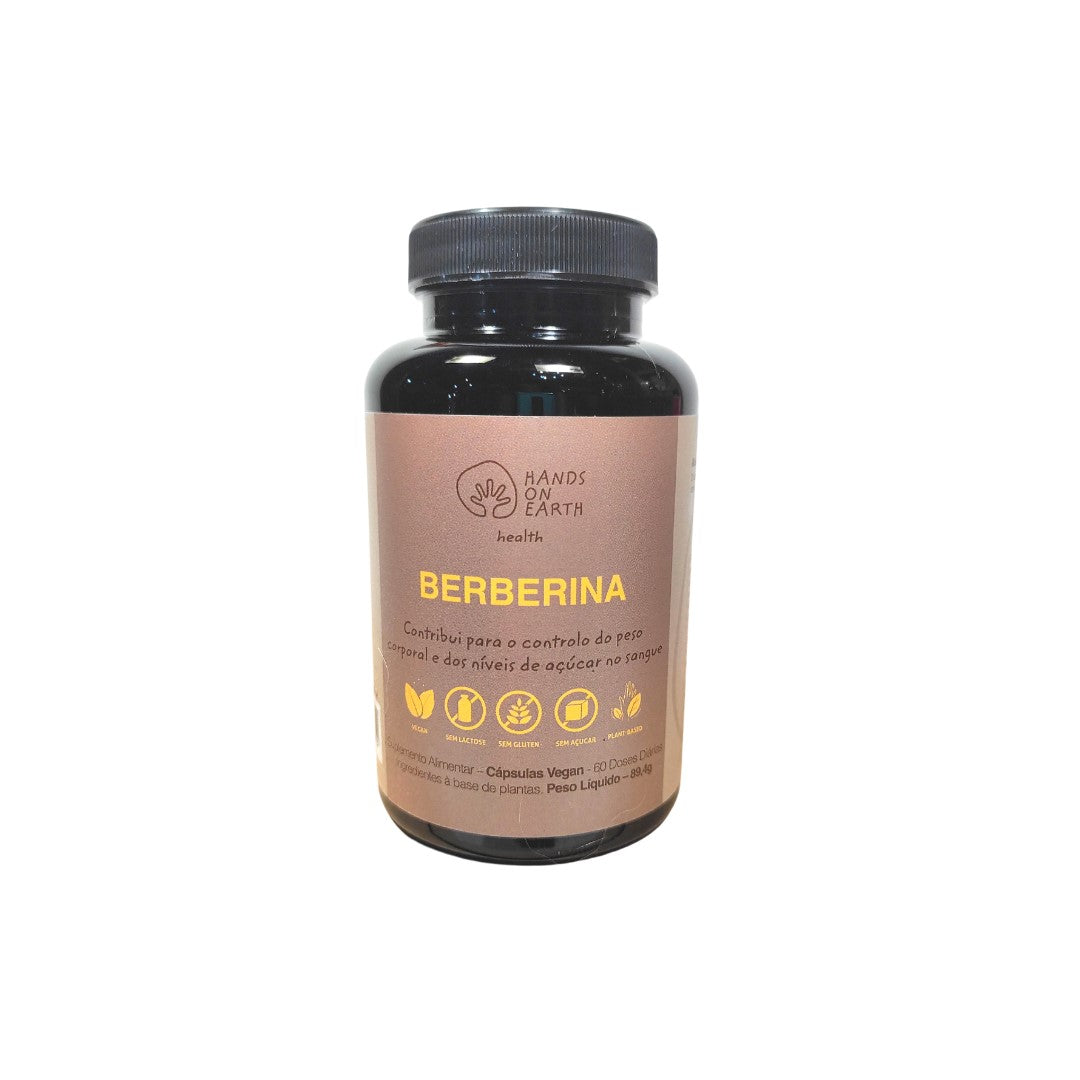Vitamin C or ascorbic acid - is considered an essential vitamin because it cannot be produced in the human body. It is a water-soluble vitamin, that is, it is not stored in the human body and therefore must be consumed daily.
2. How can you acquire vitamin C?
The best dietary sources of vitamin C are found in fruits and vegetables, ie, citrus fruits (lemon, orange, tangerine, grapefruit), kiwi, melon, mango, pineapple, strawberries, tomatoes, brussels sprouts, kale, cabbage, flower and watercress. Some fortified foods on the market may also contain vitamins C, as well as dietary supplements. Because vitamin C is sensitive to heat, eating raw or lightly steamed fruits and vegetables is recommended.
3. What are the health benefits of Vitamin C?
Vitamin C has several important functions in the human body:
- Help cells staying healthy through its antioxidant properties.
- Help with skin healing and maintain healthy skin, nails and hair.
- Help keep bones, teeth, muscles and tendons healthy.
- Help the immune system.
- Help reduce the risk of developing high blood pressure, heart attacks and cerebral thrombosis.
Vitamin C deficiency is rare, as long as fruits and vegetables are included in the diet in adequate quantities. Individuals who smoke have an increased risk of vitamin C deficiency, because they produce more free radicals (oxidizing molecules) every day that can damage cells, if there is a negative balance of antioxidant molecules in the body to combat the oxidizing molecules produced.
There is some scientific evidence that regular consumption of vitamin C supplements can reduce the duration of a cold.
Individuals taking iron supplements should add vitamin C to improve intestinal iron absorption.
5. What are the symptoms of vitamin C deficiency?
Lack of vitamin C can lead to scurvy. Symptoms of vitamin C deficiency include: fatigue and depression, muscle weakness and joint pain, susceptibility to infections, inflamed gums, bleeding in the skin and mucous membranes, loose teeth and dry, rough skin.
6. What are the adverse effects of taking too much vitamin C?
In adults, it is not recommended to take more than 4 grams of vitamin C per day, in separate doses. Taking amounts above this dosage can cause some intestinal symptoms, such as: diarrhea, stomach pain and flatulence.
If these symptoms appear, taking the supplement should be stopped immediately.





Leave a comment
This site is protected by hCaptcha and the hCaptcha Privacy Policy and Terms of Service apply.